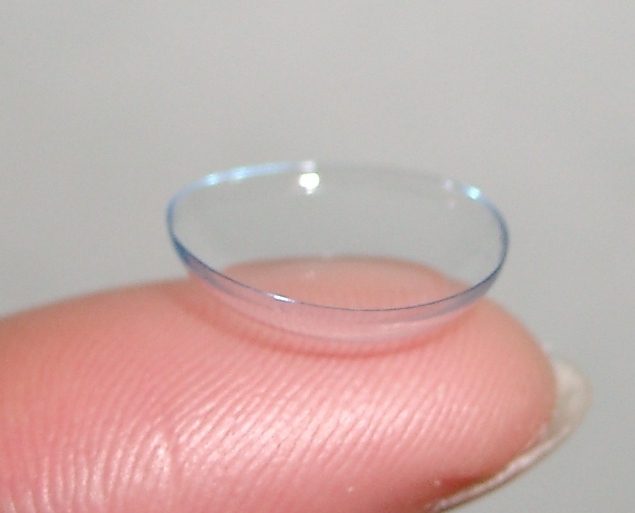Switching to contact lenses – are they for me?
If you have worn glasses for as long as you can remember, the question of whether contact lenses could be a suitable option for you is probably something you have asked yourself many times.
There are many considerations to take into account, such as how simple it is to make the transition from glasses to contacts, what sort of product to go for, and getting into the routine of wearing lenses.
It is undoubtedly a big change, but one that can bring life-altering benefits. Read on to find out more about contact lenses and if they could be the right choice for you.
A brief introduction to contact lenses
It is often said that the fundamental idea of the contact lens dates back to the early 16th century, and a certain Italian genius named Leonardo da Vinci.
Other significant historical figures, including the philosopher Rene Descartes and British astronomer Sir John Herschel, also experimented with the idea of manipulating vision by placing various tools in direct contact with the eye.
However, it was not until well into the 20th century that we developed anything remotely similar to contact lenses as we recognise them today. The first lenses made from plastic appeared in the late 1930s, and soft lenses were introduced in the early 70s.
The industry really took off in the late 80s and during the 90s, with the emergence of convenient, flexible products such as disposable and daily-wear lenses.
Today, there are dozens of options available to suit a range of personal tastes and requirements.
How do I know if they are right for me?
One of the best ways of discovering if contact lenses could be the right option for you is by simply trying them out. Consult with an eyecare practitioner to determine the best lens fit and type of product to improve your vision, and try on a pair of lenses to see how they feel.
Once you have given them a go, you can talk to your practitioner about how to proceed.
Another useful step that could help you decide if contact lenses will work for you is drawing up a list of their pros and cons.
There is no doubt that using lenses brings many benefits, such as natural, all-round vision correction. For many, using contact lenses is a cosmetic choice, as it removes the need to wear glasses, which can distort the eyes and simply do not appeal to some people on an aesthetic level.
Lenses are a very flexible option, offering the freedom to take part in various sports and physical activities.
One potential drawback of long-term lenses for some users is the need to keep them clean and sterile, although this can be solved by opting for daily disposables.
Some might be put off by the prospect of having to insert and remove lenses, but this is something that most people will get used to over time.
Different types of lenses
If you are switching to contact lenses, the next key step will be choosing what sort of product you want to use, and there are many options to choose from.
For those who want maximum convenience, the best route could be going for daily disposables. This is ideal for anyone who wants to give contact lenses a try without making a long-term commitment.
Daily disposables, as the name suggests, are simply worn throughout the day and thrown away when you go to bed.
Specific products in this category include CIBA Vision’s Focus Dailies contact lenses, which are designed to use the natural characteristics of your eyes to keep them moist and refreshed. They are available from Feel Good Contact Lenses, along with two-weekly and monthly disposables for people looking for a more long-term option.
Modern-day consumers also have access to coloured lenses, toric lenses to treat astigmatism, and fashion contact lenses featuring everything from national flags to images of spiders, bats and the biohazard symbol.



